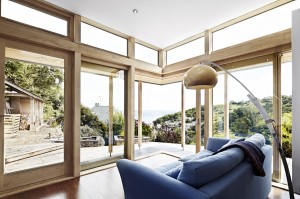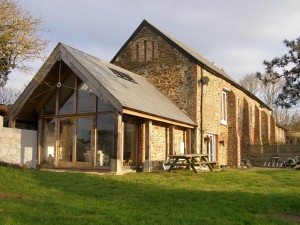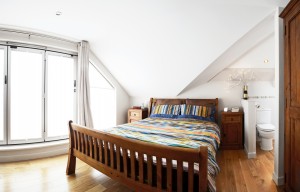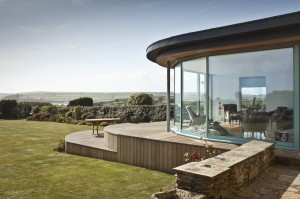The New Homes Bonus
New Homes Bonus – Potential funding for community schemes
The New Homes Bonus is billed by the government as a powerful incentive for housing growth and is a key part of the housing growth focus of thier national strategy. It is based on the council tax of additional homes built within local areas and those brought back into use, with a premium amount for affordable homes, and paid for the following six years. The idea is that it ensures that those local authorities which promote and welcome growth can share in the economic benefits, and build the communities in which people want to live and work.
The New Homes Bonus commenced in April 2011, and will match fund the additional council tax raised for new homes and empty properties brought back into use, with an additional amount for affordable homes, for the following six years.
Provisional Allocations 2012-13
Housing Minister Grant Shapps announced the provisional allocations for 2012-13 last month and this has led to a flurry of interest from local community schems who could benefit from the money.
In his announcement Housing Minister Grant Shapps said:
“For years communities fought against development because they saw no evidence of how it improved their lives. Their experience of housebuilding under the old system top-down targets amounted to the wrong homes being built where they weren’t wanted, and their concerns about extra pressure on local services ignored”
“So I’m delighted that after just one year of the New Homes Bonus this is now changing. There is a culture shift taking place across the country – communities going for growth are reaping rewards for their local area, and councillors are reporting that it is now much easier to lead a mature debate about the benefits of development”
“The bonus payments for new homes last for six years – so this year’s bonus is more than double the payment from year one, and it’s why communities that continue to welcome new homes can expect to see bigger cash bonuses and improved local services in the future”.
Provisional allocations for 2012-13 total £431m and Exeter will receive £389,165 for 2011-12
Full local authority allocations and on the online calculator are available below under ‘Related downloads’.
We are committed to ensuring that the Bonus remains a flexible, unring-fenced fund. Local authorities are best place to understand the barriers to growth in their areas, the needs of their local communities and lead a mature debate about the benefits that growth can bring.
Background
The New Homes Bonus is based on past increases in housing supply. It is a powerful and simple incentive for housing growth, because it ensures that those areas which are growing have the resources to meet the needs of their new residents and existing communities. Local authorities are best placed to understand these needs and lead the debate about spending priorities. Wychavon have developed a protocol, whereby up to 40 per cent of the funding is spent by the community where the growth is taking place. While Dacorum are reinvesting the Bonus in further housing and business growth
The Department has set aside almost £1bn over the Comprehensive Spending Review period for the scheme, including nearly £200m in 2011-12 in year 1 and £250m for each of the following three years. Funding beyond those levels will come from formula grant. This ensures that the economic benefits of growth are returned to the local level .




